
Among the Post-Liberals
No one has the stomach to burn out the tongues of blasphemers anymore, even if some remain too ornery to admit it. Perhaps breaking free of liberalism is harder than it looks.


No one has the stomach to burn out the tongues of blasphemers anymore, even if some remain too ornery to admit it. Perhaps breaking free of liberalism is harder than it looks.
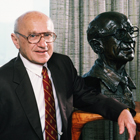
A number of recent books blame the rise of neoliberalism on economists. But the evidence suggests it is still capital that rules.

The contrasts between North Americans moving south and Central Americans traveling north, or Western migrants frolicking on Thai beaches while Burmese refugees languish in camps, are numerous and stark.

To be Gen X was to be disaffected from the consumer norms of the 1980s, but to be pessimistic about any chance for social transformation.
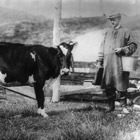
By not giving the battle against racism and for equality its due, Wilfred McClay’s Land of Hope fails to explain how and for whom power was and continues to be wielded in America.
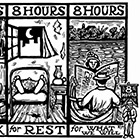
We need to think not only about beating the 1 percent, but also about the kind of world we want to build, the kind of existence we want to have on this earth.

Le Guin’s work is distinctive not only because it is imaginative, or because it is political, but because she thought so deeply about the work of building a future worth living.
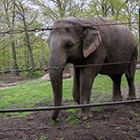
Personhood for Happy would create a legal precedent and framework for granting fundamental rights to nonhumans in the future.

The labor historians of the 1960s were born into the culture of unity forged in the working-class movement’s classical phase, between 1890 and 1945. In one form or another, they told the story of this era, not realizing how radically it might come undone.
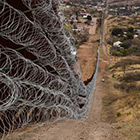
Trump’s wall is a “monument to the final closing of the frontier.” He has abandoned the political language of boundless optimism for a darker tone.

How the 2016 election revealed the possibilities for new political identities.
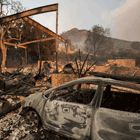
If the humanities can’t produce thinkers who can get us out of this mess, they are still producing some of the best commentators on where it has come from and where it threatens to take us.

The late writer’s displays of moral courage will serve as a kind of record for future historians, proof of the efforts of Israelis who did not stand idly by as their country’s skies darkened—as well as proof of their shortcomings.

Andrea Dworkin insisted her writing was about women, but it was about men: what they do, why they do it, and which lies they use in their defense. Women couldn’t be subjects, only faceless victims.

On the dead-end optimism of Parks and Recreation.